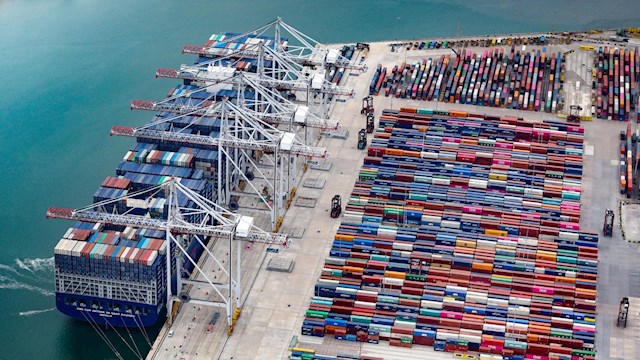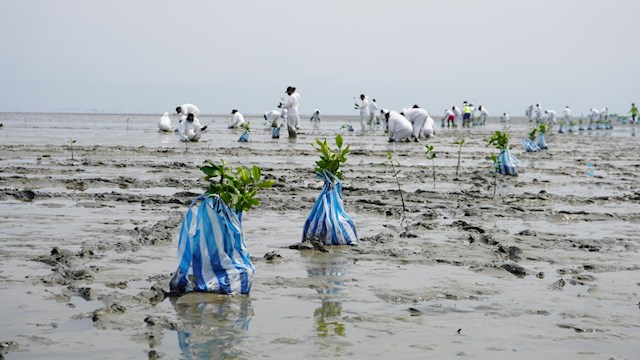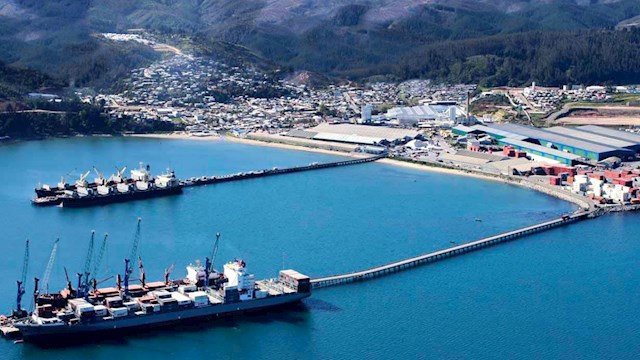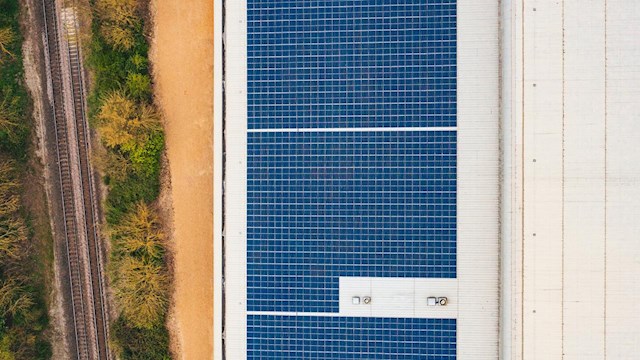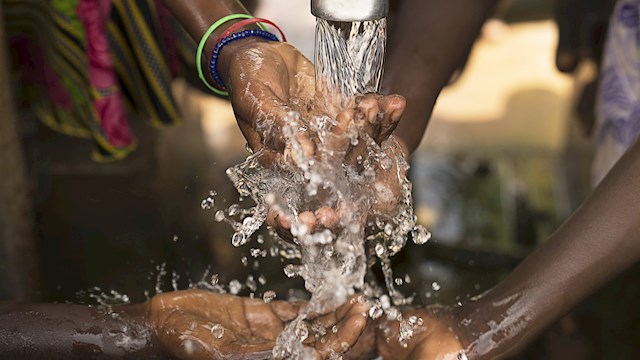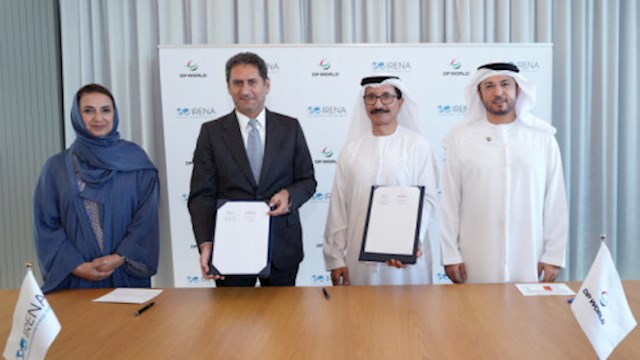-
- Global
- Algeria, Djazair
- Angola
- Argentina
- Australia
- Austria
- Belgium
- Brazil
- Canada
- Chile
- China
- Colombia
- Cyprus
- Czechia
- Dominicana
- Ecuador
- Egypt
- EU Intermodal
- Germany
- Hong Kong
- Hungary
- India
- Indonesia
- Italy
- Malaysia
- Mexico
- Mozambique
- Netherlands
- New Zealand
- Pakistan
- Panama
- Peru
- Philippines
- Poland
- Romania
- Rwanda
- Saudi Arabia
- Senegal
- Serbia
- Singapore
- Somaliland
- South Korea
- Suriname
- Thailand
- Turkiye
- United Arab Emirates
- Ukraine
- United Kingdom
- USA
- Vietnam
-
Menu
-
SOLUTIONS
Related content
-
INDUSTRIES
Related content
- INSIGHTS
-
SUSTAINABILITY
Related content
![relatedcontent]()
Changing the perception of water
Water is crucial for life on Earth and vital for our well-being. Businesses, including ours, can play a significant role in changing how water is used.
Read more![relatedcontent]()
Climate proofing the supply chain
We examine three climate scenarios, assessing the potential impact of weather hazards across 50 ports and terminals in our global portfolio.
Read more

Climate change
How We’re Supporting A Green and Equitable Net-Zero Transition
WHY IT MATTERS
Climate change is here. At DP World, we know continued climate change mitigation is vital, but we’re also focused on the reality on the ground today and tomorrow. Building resiliency and adapting to the challenges and effects of climate change, by ensuring the continued flow of trade. For our employees, partners, communities we serve, and the wider world.

HOW WILL WE ACHIEVE NET-ZERO?

Equipment electrification & efficiency
Reduce diesel and marine fuel consumption

Process efficiency and digitalisation
Introduce innovation and low-carbon technologies in the operations portfolio and maximise efficiency in processes

Renewable Energy Initiatives: renewable energy supply
Produce electricity from renewable energy from carbon-neutral sources

Low-carbon fuels
Produce low- or zero-carbon fuels to replace diesel and marine fuel

Carbon compensation
Compensate the remaining carbon that cannot be avoided with carbon credits or other carbon-offsetting method
OUR JOURNEY TO NET ZERO

2022
Base year
We may not have all the decarbonisation solutions today but by setting a clear goal, embedding sustainability principles and climate change solutions into our operations, and collaborating with industry and government partners, we believe we can achieve our short- and long-term goals.

2030
Near-term science-based target
Committed to reducing scope 1 and 2 GHG emissions by 42% by 2030 from a 2022 base year, aligned with the 1.5-degree trajectory. Further committed to reducing absolute scope 3 GHG emissions by 28% within the same timeframe. Our targets have been validated by the Science Based Targets Initiative (SBTi).

2050
Net zero carbon emissions
Committed to reach net zero GHG emissions across the value chain by 2050, by reducing scope 1, 2, and 3 GHG emissions by at least 90% from a 2022 base year. We will achieve our targets by investing in technology, implementing responsible business practices and working with the right partners along our value chain.

Equipment electrification
Equipment electrification
- Established an equipment electrification capital plan for our fleet of RTGs and electric terminal tractors, with a part of our $500M investment commitment by 2027 focused on this program.
- Completed proofs of concept of electric equipment, including terminal tractors and straddle carriers.
- Consideration of electric equipment requirements and renewable energy in the design and development of new projects.

Low-carbon vessels
Low-carbon vessels
- Cross-company decarbonisation working group is leading the implementation of the decarbonisation strategy within the division.
- Delivery of the first hybrid-electric ferry in the UK, P&O Pioneer.
- Strategic partnership with the Maersk McKinney Moller Center for Zero Carbon Shipping facilitates contribution and integration of industry-leading marine decarbonisation research.

Renewable energy procurement
Renewable energy procurement
- Achieved 22.1% renewable electricity supply across DP World Group in 2022, through green tariffs, self-generation, and certificates of origin.
- On track to surpass 60% renewable electricity supply in 2023.
- Achieved 100% renewable electricity supply at operations in the Netherlands, Belgium, Germany, Serbia, Brazil, Ecuador, Chile, and Dry Docks World in the UAE.

Equipment efficiency
Equipment efficiency
- Started collecting detailed Overall Equipment Effectiveness (OEE) metrics data for all terminals, logistics, and marine divisions to locate inefficiencies contributing to high carbon intensity operations.
- OEE targets will be used to drive energy savings within operations.
Vegetable oil replaces diesel in Southampton
Our container terminal at Southampton has made a significant advancement towards achieving net zero by becoming the first report in Britain to eliminate diesel from its operations and transition to Hydrotreated Vegetable Oil (HVO).
Diesel previously accounted for 90% of the terminal’s emissions, but HVO – a renewable biodiesel – eliminates more than 80% of net carbon dioxide emissions.
A Breakthrough for Mangroves in Ecuador
We have planted over 200,000 mangrove trees in Posorja, Ecuador, in partnership with the CALISUR Foundation, to protect coastal environments and build resiliency against the impacts of climate change.
By 2024, enough mangroves will have been planted in the region to help capture over three million tonnes of carbon from the atmosphere, the equivalent of what 950 wind turbines running for a year can save.
Certifying DP World Chile as using 100% Renewable Electricity
DP World Chile has made history by becoming the first port operator in South America to secure a renewable electricity certification.
This certification showcases how the port’s electricity is derived from hydro-electric plants and is a significant achievement in our goal of achieving carbon neutrality by 2050.
Powering the Horn of Africa
Our Port in Berbera, Somaliland, has partnered with the Berbera Electric Company (BEC) to power the port through solar energy. As part of a phased approach, the Port is currently connected to a 8MW solar facility.
The move has significantly reduced scope one and two emissions and is enabling the further expansion of the Port and Economic Zone into a major trade hub, supporting greater sustainable development and infrastructure to support the climate transition.
Expanding access to WASH in India
DP World India continues to expand access to clean water, sanitation and hygiene infrastructure. Installing water systems and bio-toilets across five villages and schools in Marul Haveli & Ransai, Maharashtra Sachana, Gujarat Diwana & Jhattipur, and Haryana.
The installations benefited 15,300 people, 5,650 households and 1,171 students.
Accelerating Renewables Across the Maritime Sector
DP World signed a partnership with The International Renewable Energy Agency (IRENA) to accelerate efforts to decarbonise shipping and ports.
Together, the partnership will look at overcoming infrastructure barriers and scaling up the use of renewable-based fuels and electrification.
CLIMATE CHANGE AND WATER CRISIS
The climate crisis is a water crisis. We feel its impacts through floods, rising sea levels, and other extreme weather events. As part of DP World’s environmental sustainability initiative, we are committed to improving inclusivity and access to clean water, restoring ocean health, and protecting biodiversity to lead trade to a more sustainable future.
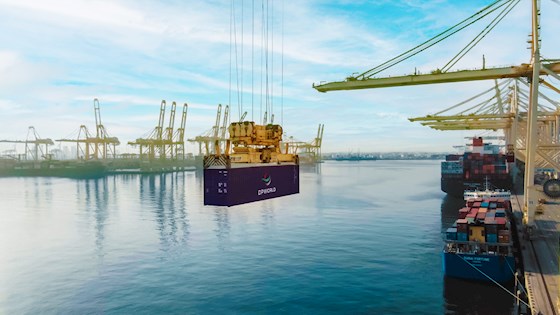

CLIMATE CHANGE & EDUCATION
We want to make sure no one gets left behind as the world transitions and strongly believe everyone should have access to quality education, irrespective of their gender. Aligning to SDGs 4 and 5, we are building the necessary skills and experience for all communities.
At DP World, we are committed to tackling climate change through innovative climate change mitigation strategies. By electrifying equipment, adopting renewable energy, and promoting low-carbon solutions, we’re building resilience and driving progress toward our 2050 net-zero goal. Together, we can ensure a sustainable future for global trade and the planet.
PARTNERSHIPS

Maersk-McKinney Moller Center
Working with the Maersk-McKinney Moller Center, we seek to identify and scale solutions to decarbonise the maritime industry.

UN Global Compact
In early 2022, we joined the UNGC Ocean Stewardship Coalition and committed to the UNGC’s Sustainable Ocean Principles.

Blue Marine Foundation
We work with the Blue Marine Foundation to assess and identify methods to develop a Blue Carbon market.

Climate Tribe
As the Global Impact Partner for Climate Tribe, we help drive storytelling and community engagement to inspire greater climate action.
FEATURED INSIGHTS
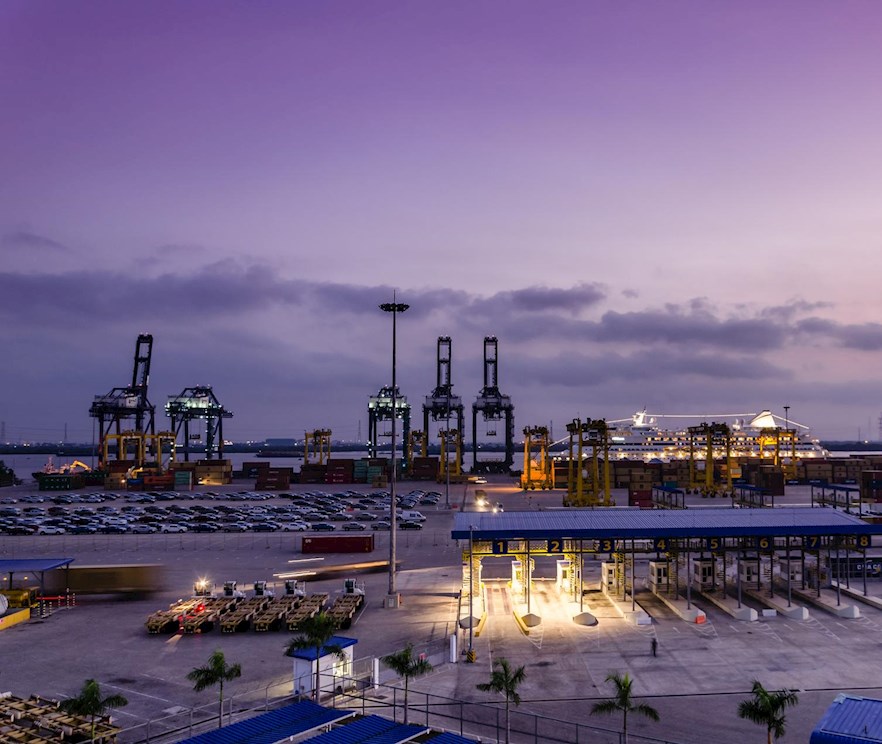
Climate proofing the supply chain
We examine three climate scenarios, assessing the potential impact of weather hazards across 50 ports and terminals in our global portfolio.
Read More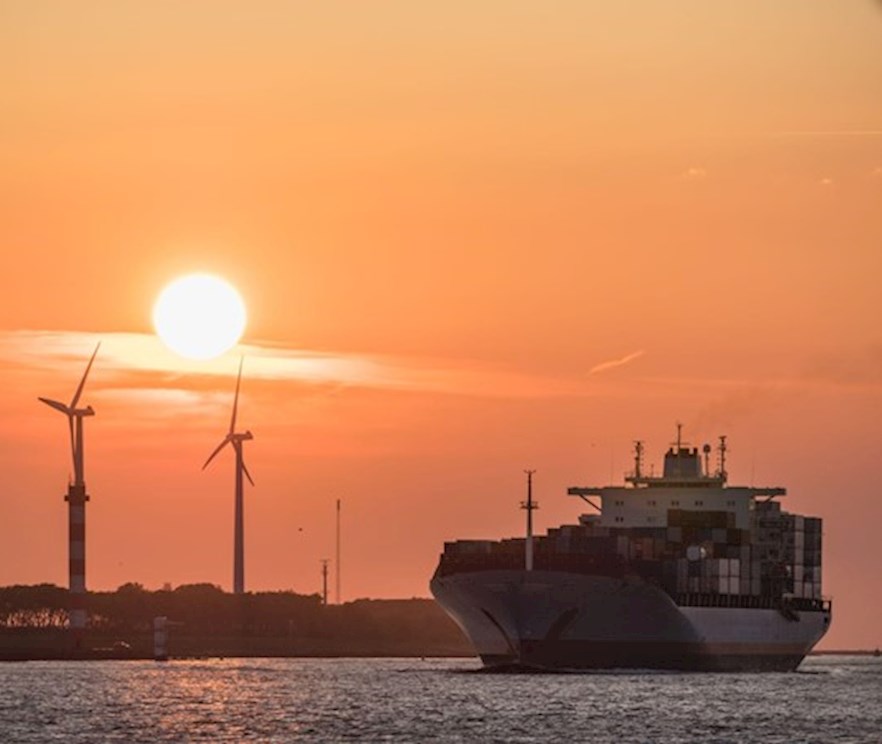
Bringing Climate Innovations in Finance and Trade to Life
Decarbonisation requires new alliances and networks to unlock financing and reinvent trade
Read More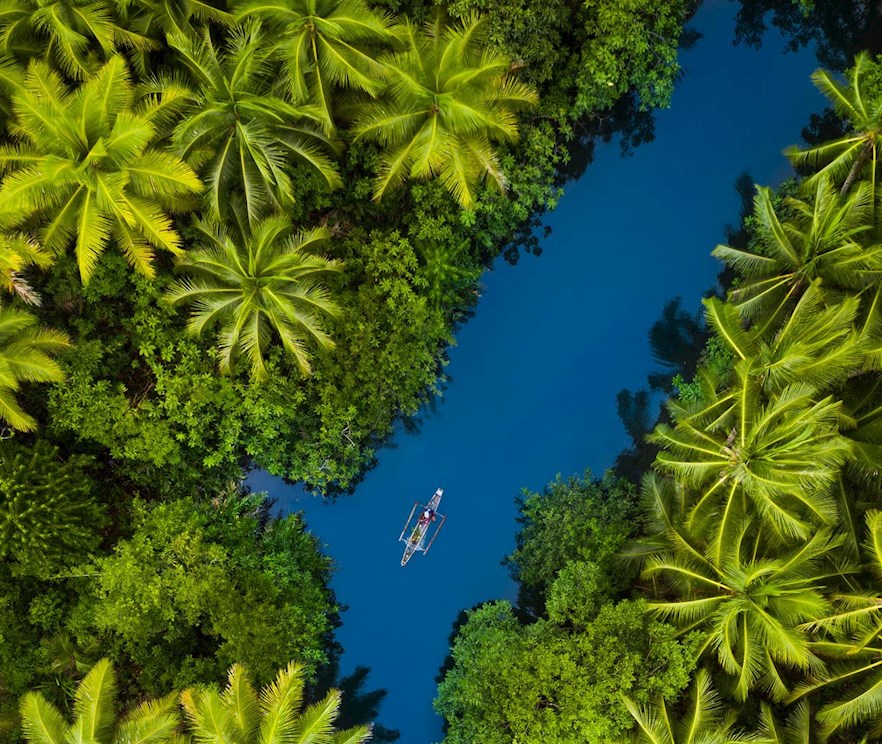
Changing the perception of water
Water is crucial for life on Earth and vital for our well-being. Businesses, including ours, can play a significant role in changing how water is used.
Read More






